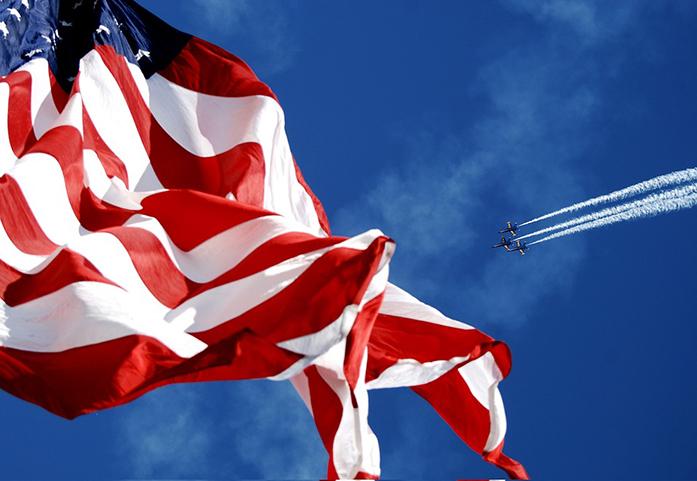By Daniel Williams
Politics was not taught much in my compulsory education. The effect was that I never grew up thinking about what liberalism means. The word gets thrown around – “liberal media,” “liberal politics,” “liberal democracy,” “economic liberalism,” “liberal hogwash” — as much as its counterparts, conservatism and radicalism. I grew up essentially thinking that the liberals were the good guys, the conservatives were the idiots. I didn’t know who the radicals were or what they stood up for.
However, with the election of Donald Trump as president — which I have heard described as “the funniest thing that has ever happened to America” — it seems both appropriate and necessary for me to inquire into the liberal dogma I was raised under.
I say that dirty word — “dogma” — only to emphasize that liberalism, as with any political ideology worth the name, is a set of beliefs that can be enunciated. And seeing as liberals are especially fond of saying that their truths are “self-evident,” it is not inappropriate to thus characterize it.
In my opinion, the main characteristics of the liberal belief are that treating people fairly benefits everyone in the long run, that individuals have a right to believe what they will, and that reasoned debate results in the best solution for any given political problem.
However, it should be further emphasized that if the liberal creed is really worth believing in, it must stand up to scrutiny. It would be hypocritical for any liberal to deny this.
In my view, liberalism is best thought of not as some playbook brought down from on high with all the answers already written but rather as a set of laws, procedures, and institutions that set the bounds for how politics is to be done. Liberalism is the field on which the plays are made. The separation of powers is a liberal idea. The bicameral legislature is a liberal idea. Freedom of the press is a liberal idea. No conservative wants to abolish these. For me, liberalism is not about this or that issue. Liberalism is how we go about deciding, collectively, whether a course of action is desirable.
The liberal also believes in the ability of humans to improve themselves, both in their own lives and through successive generations. There are plenty of extraordinary political errors contained in the history of this country, but there is also a profound history of political accomplishment that we should attribute, in large part, to the liberal principles on which the country was founded.
We should not, therefore, be swayed by an endless stream of mindless rhetoric from the far left and the far right; instead, we should adhere to a firm belief that liberalism can cut a path through them that will be for the greater good for all.
There are plenty of substantial issues that liberals and conservatives don’t agree on. But that we can argue about them at all is a privilege. It is more than a privilege, actually. It is a duty. It is our duty to remember our liberal heritage, not tear it full of holes because of revelations of what we should have suspected.
Everyone today wants to own, to be America. But who today can stand up for America while remaining true to its liberal principles?



